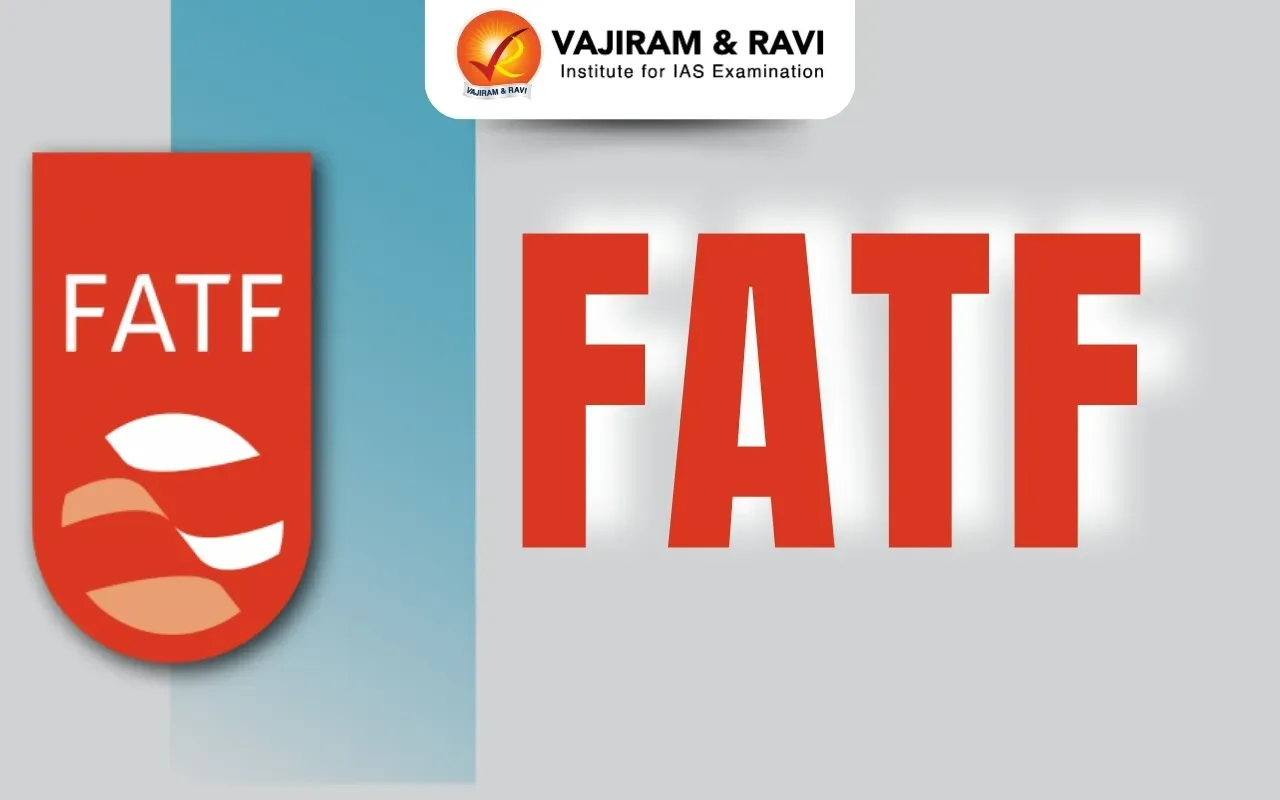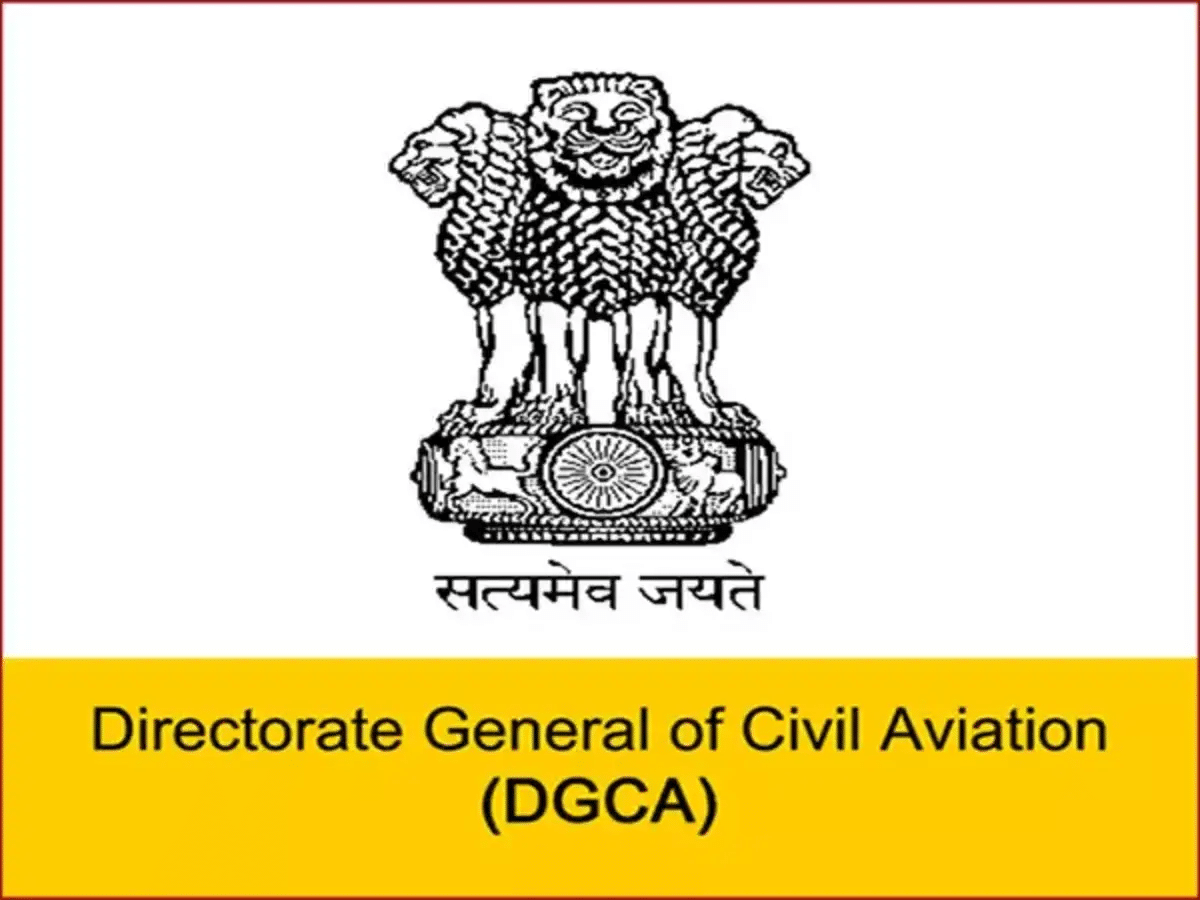Financial Action Task Force (FATF) Latest News
The ongoing Financial Action Task Force (FATF) meetings in Paris are expected to deliberate on state sponsorship as a means to fund and support terrorism, including the financing of banned outfits and their proxies operating in Pakistan.
About Financial Action Task Force
- It is an independent intergovernmental body that develops and promotes policies to protect the global financial system against money laundering and terrorist financing.
- The FATF Recommendations are recognised as the global anti-money laundering (AML) and counter-terrorist financing (CFT) standard.
- Origin:
- It was established in 1989 during the G7 Summit in Paris in response to a growing concern about money laundering.
- In 2001, its mandate expanded to include terrorism financing.
- Headquarters: Paris, France.
- Members:
- FATF members include 39 countries, including the United States, India, China, Saudi Arabia, Britain, Germany, France, and the EU as such.
- India became a member of FATF in 2010.
- In addition, more than 180 countries worldwide are affiliated with the FATF through a network of FATF-style regional bodies (FSRBs).
- The FATF researches how money is laundered and terrorism is funded, promotes global standards to mitigate the risks, and assesses whether countries are taking effective action.
- FATF regularly publishes reports that raise awareness about the latest money laundering, terrorist financing, and proliferation financing techniques.
- Once a member, a country or organization must endorse and support the most recent FATF recommendations and commit to being evaluated by (and evaluating) other members.
- The FATF holds countries to account that do not comply with the FATF Standards.
- If a country repeatedly fails to implement FATF Standards, then it can be placed under the grey and black lists.
- What are FATF ‘grey list’ and ‘blacklist’?
- Black List: Countries known as Non-Cooperative Countries or Territories (NCCTs) are put on the blacklist. These countries support terror funding and money laundering activities. The FATF revises the blacklist regularly, adding or deleting entries.
- Grey List: Countries that are considered a safe haven for supporting terror funding and money laundering are put on the FATF grey list. This inclusion serves as a warning to the country that it may enter the blacklist.
- Three countries-North Korea, Iran, and Myanmar, are currently on FATF’s blacklist.
- Consequences of being on the FATF blacklist:
- No financial aid is given to them by the International Monetary Fund (IMF), the World Bank, the Asian Development Bank (ADB), and the European Union (EU).
- They also face a number of international economic and financial restrictions and sanctions.
Source: TH
Last updated on November, 2025
→ Check out the latest UPSC Syllabus 2026 here.
→ Join Vajiram & Ravi’s Interview Guidance Programme for expert help to crack your final UPSC stage.
→ UPSC Mains Result 2025 is now out.
→ UPSC Notification 2026 is scheduled to be released on January 14, 2026.
→ UPSC Calendar 2026 is released on 15th May, 2025.
→ The UPSC Vacancy 2025 were released 1129, out of which 979 were for UPSC CSE and remaining 150 are for UPSC IFoS.
→ UPSC Prelims 2026 will be conducted on 24th May, 2026 & UPSC Mains 2026 will be conducted on 21st August 2026.
→ The UPSC Selection Process is of 3 stages-Prelims, Mains and Interview.
→ UPSC Result 2024 is released with latest UPSC Marksheet 2024. Check Now!
→ UPSC Prelims Result 2025 is out now for the CSE held on 25 May 2025.
→ UPSC Toppers List 2024 is released now. Shakti Dubey is UPSC AIR 1 2024 Topper.
→ UPSC Prelims Question Paper 2025 and Unofficial Prelims Answer Key 2025 are available now.
→ UPSC Mains Question Paper 2025 is out for Essay, GS 1, 2, 3 & GS 4.
→ UPSC Mains Indian Language Question Paper 2025 is now out.
→ UPSC Mains Optional Question Paper 2025 is now out.
→ Also check Best IAS Coaching in Delhi
Financial Action Task Force (FATF) FAQs
Q1. When was the Financial Action Task Force (FATF) established?+
Q2. What is the primary objective of the FATF?+
Q3. Where is the headquarters of the Financial Action Task Force (FATF) located?+
Q4. How many member countries does FATF currently have?+

















